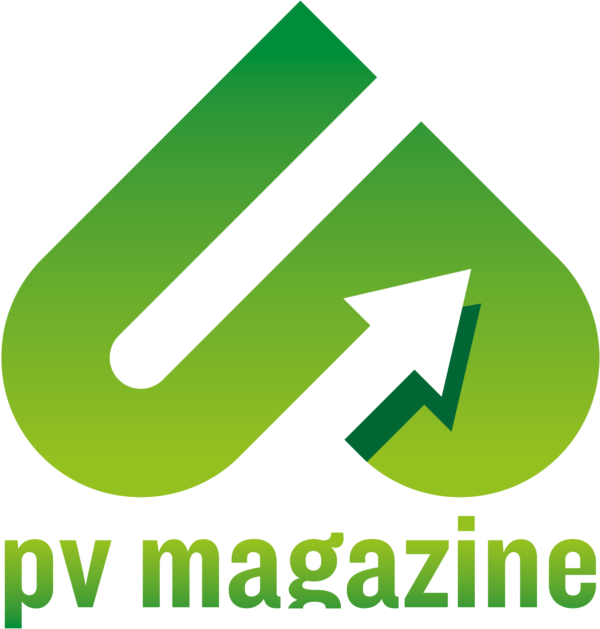 In Q1 2020, we pushed our UP initiative towards sustainability concerns in storage. While batteries are indispensable for e-mobility and also for the energy transition, the technology’s thirst for raw materials has been an often-raised point of concern. Chile, as the world’s largest supplier of lithium, faces water scarcity as a result of mining activities. The Democratic Republic of Congo has not managed to eliminate child labor from its cobalt mines. And these are not the only concerns relating to mineral extraction for energy storage.
In Q1 2020, we pushed our UP initiative towards sustainability concerns in storage. While batteries are indispensable for e-mobility and also for the energy transition, the technology’s thirst for raw materials has been an often-raised point of concern. Chile, as the world’s largest supplier of lithium, faces water scarcity as a result of mining activities. The Democratic Republic of Congo has not managed to eliminate child labor from its cobalt mines. And these are not the only concerns relating to mineral extraction for energy storage.
pv magazine looked out the pressing sustainability issues impacting the storage industry and investigated solutions that manufacturers and consumers can deploy today.
pv magazine 12/2019
Taking on the challenge of sourcing raw materials for batteries: Presentation of the quarterly theme.
pv magazine 01/2020
Is fair lithium from Chile possible?: International companies can influence extraction methods – and there are plenty of different approaches.
Ethical strategies for cobalt supply: LG Chem and other companies insist on standards for battery cell suppliers.
pv magazine 02/2020
Zero-waste batteries: Efforts to recycle lithium-ion batteries face a range of technical and economic challenges, but such programs are already far more commonplace than many assume.
pv magazine 03/2020
Stored potential: Demand for batteries is going nowhere but up, as new factories seem to appear almost every week with promises to power electric vehicles, consumer electronics, and grid-connected storage. But the lithium-ion technology that all of these rely on is not without drawbacks, and a whole host of new storage solutions is eager to get out of the laboratory.
pv magazine 06/2020
Adding blockchain to battery supply chains: Alexander Preston from SAFE sets out how the application of blockchain technology can deliver visibility, build trust, and facilitate the battery sector’s digital transformation.
Opinion & analysis
Human rights risks threaten battery supply chains’ sustainability: The battery and renewable energy industries are facing increased scrutiny for their human rights impacts.
Restrictions on sourcing of cobalt are changing: The Democratic Republic of Congo (DRC) is one of the world’s most natural mineral rich countries, yet it is plagued with poverty, inequality, corruption, human rights violations and many more challenges.
Back to the UP Initiative feature page
This page was last updated on February 12, 2021.